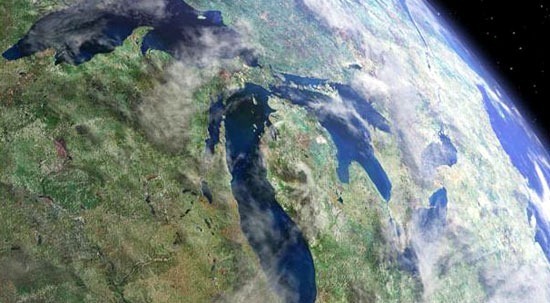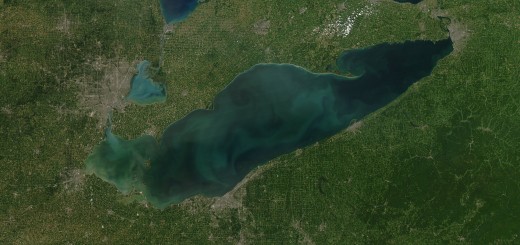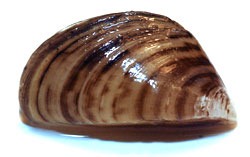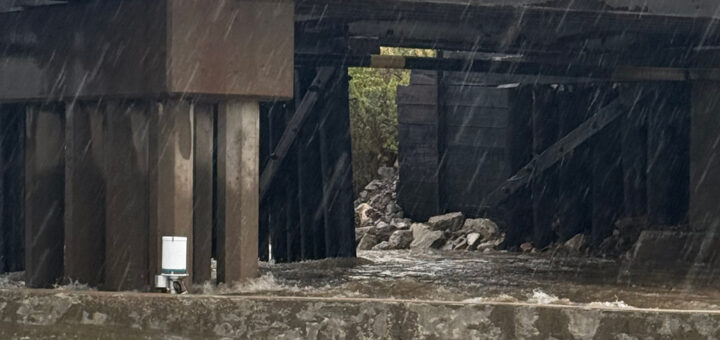New $5-million grant will fund research on how climate change impacts Great Lakes
0
A new $5-million grant from the National Science Foundation will fund a large-scale investigation into how climate change will ultimately impact Great Lakes water quality. The project will comprise a multi-disciplinary team of 27 investigators, many from the University of Michigan.
“The suspicion is that climate change will have negative impacts on water quality,” said Anna Michalak, principal investigator. Michalak is an associate professor at the U-M Departments of Civil and Environmental Engineering and at the Department of Atmospheric, Oceanic, and Space Sciences.
According to the University of Michigan:
[T]he researchers will first examine current climate, land use, precipitation and water governance patterns. They will combine this data with future climate change models to forecast how warming will affect:
- Rain and snowfall frequency and quantity.
- Human migration.
- Land use and agricultural crop changes.
- Phosphorous pollution in the Great Lakes.
- As a result of all of the above, Great Lakes water quality.
“Climate change is expected to bring about more extreme precipitation events, which will cause pulses of water and whatever it’s bringing with it, including nutrients, pesticides, and sediment,” Michalak said. “It’s these episodic events that can have a significant impact on the water quality.”
Recent summers have demonstrated how increased rainfall can have devastating indirect effects on the Great Lakes. As a number of cities experienced heavy rainfall, the amount of raw sewage that overflowed into natural surface waters increased significantly. In fact, a recent study shows that from January 2009 through January 2010, five U.S. cities — Detroit, Cleveland, Buffalo, Milwaukee and Gary, Ind. — discharged a cumulative 41 billion gallons of untreated sewage and storm water into the Great Lakes from combined sewer systems.
Moreover, increased rainfall is likely the key cause for record-high levels of phosphorus that were found in two major Lake Erie tributaries this summer, which has contributed greatly to the lake’s alarmingly severe blue-green algal blooms. The extra rain washes more phosphorus-based fertilizer from farmland and lawns, carrying it into nearby surface waters.
The investigation will be a collaboration of experts in climate research, hydrology, ecology and social systems.
“Everyone is quite excited about the opportunity for integration and synthesis across disciplines,” said Michael Moore, professor in the U-M School of Natural Resources and Environment. “We’re working at the boundaries of atmospheric science, economics and geography of land use. This is a question that can’t be answered by a single discipline or a single science in isolation.”
U-M will take a strong lead role in the research project. Other collaborators come from Heidelberg University, the University of Toledo, Grace College, Michigan Sea Grant’s Great Lakes Observing System and the Cooperative Institute for Limnology and Ecosystems Research, which is a joint institute between the National Oceanic and Atmospheric Administration and U-M, and LimnoTech Inc.
What impacts do you think global climate change will have on the Great Lakes? Share your thoughts in the comments below.
New Grant Awarded for Studying the Great Lakes [Softpedia] Great Lakes water quality is focus of new $5-million grant [University of Michigan]
Image Credit: Mark Alberts













